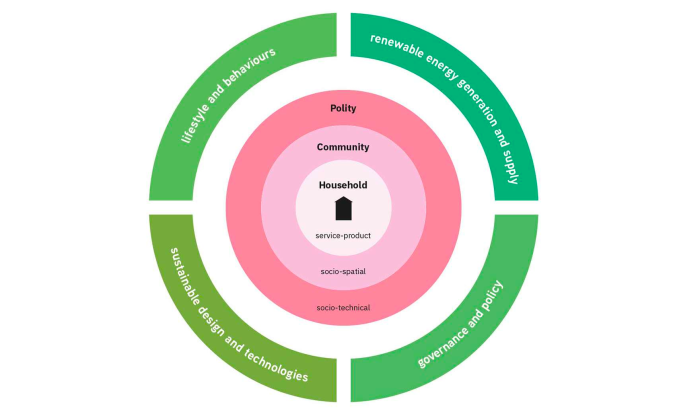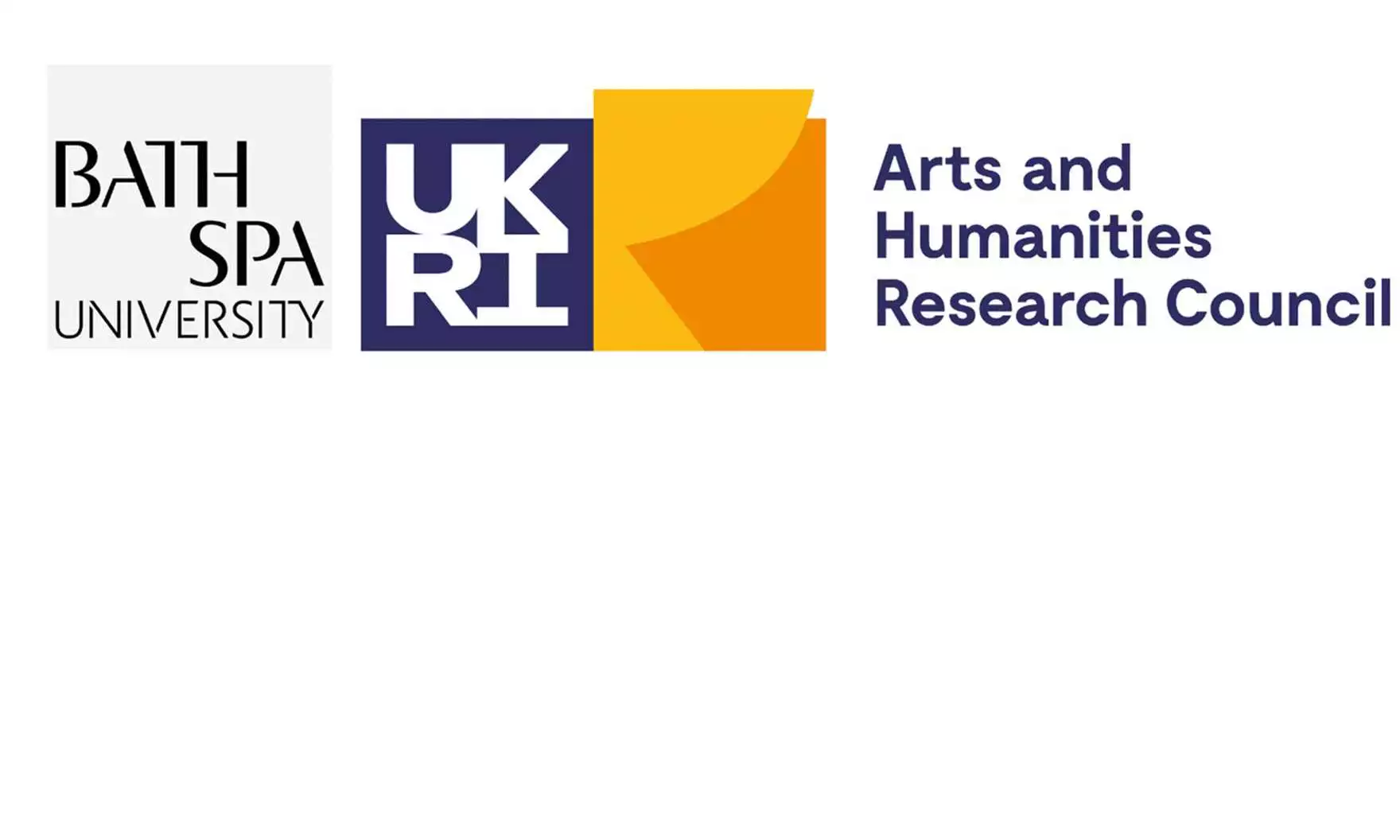Transition Templates: Pathways to Net Zero+ is a three year research project funded by the AHRC Innovation Scholars Programme as a collaboration between Dr. Joanna Boehnert of Bath School of Design and Livework’s Sustainable Futures Lab.

The project will map pathways for Net Zero+ in five sectors of the UK economy. We bring outside academics and organisations into a collaborative space by conducting expert and stakeholder consultation and participatory systems mapping. This work will inform the development of systemic-service design processes for socio-technological transitions. For each sector, a new Transition Template design process will be applied to envision low carbon models of living.

We will work with sustainability scientists, researchers, and practitioners using systemic and service design to articulate and visualise their proposals. We will plot transition pathways on different levels with systemic mapping practices. Templates and timelines will be constructed as action plans in each sector. These will also become a basis for evaluation systems to categorise levels and stages of transition. The work will encourage best practice by creating classification systems to identify, assess, and communicate different levels and stages of sustainable transition.
We will start with household energy ecosystems. We will design accessible outcomes to inform socio-technological transformation of the entire sector across scales. We will design evaluation and assessment communication systems to counter the deleterious impact of greenwashing. With this work we will build capacities to envision, develop, and enact Net Zero proposals.
Funded by the AHRC Innovation Scholars Programme, part of UK Research and Innovation. Project Reference: AH/X005186/1.




